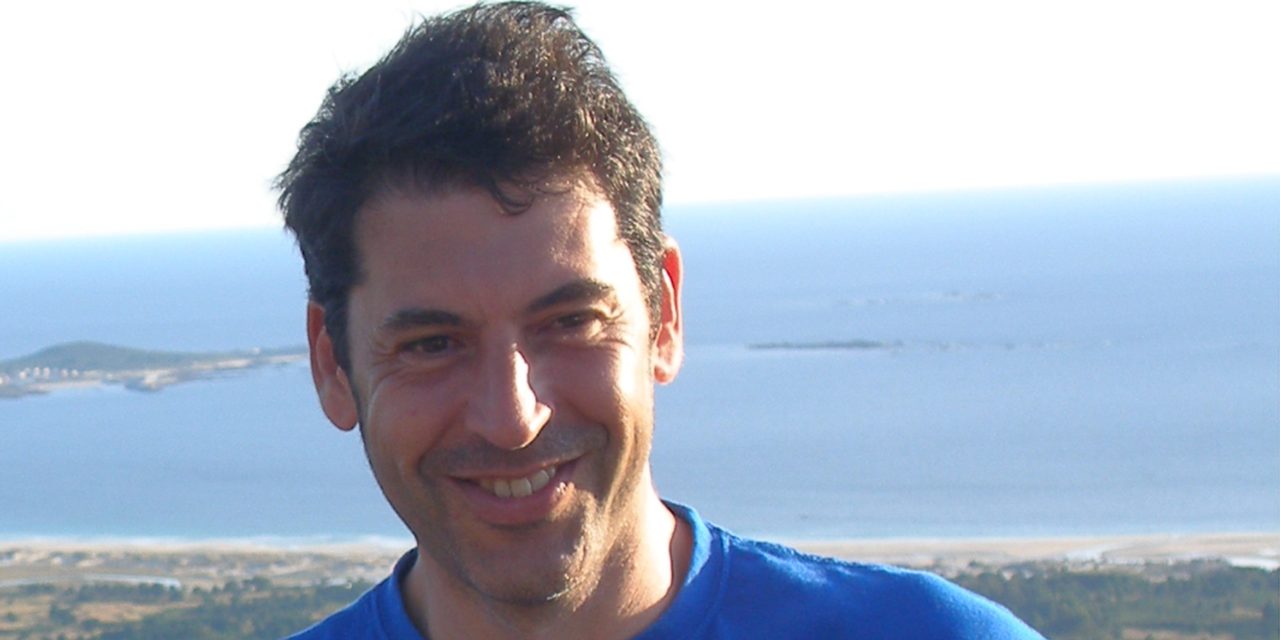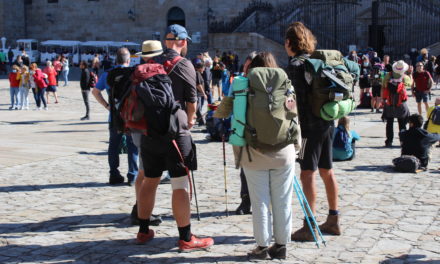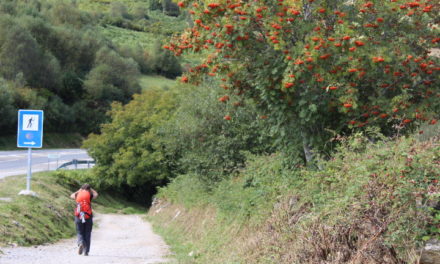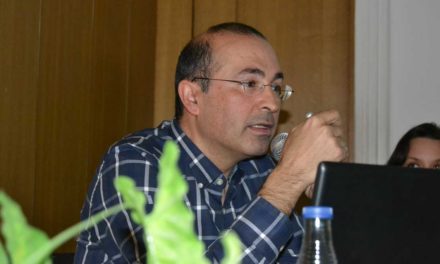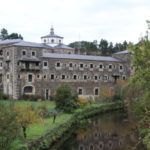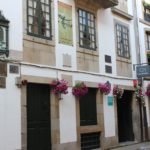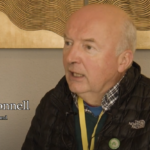At this moment many people are talking about the Camino online, there are great differences of opinion. There are very optimistic people who believe that after this crisis something new and more spiritual will emerge and others, among whom I align myself, who I consider more realistic. In that more realistic line, I think that the crisis we are experiencing will not change things too much on the Camino, there will not be a great renewal, but changes on a lesser level that will touch on some essential aspects of the Camino.
I am convinced that there will be a change in small things, a change in everyday life, regarding accommodation and, in particular, hostels. In reality, it is a change that was already beginning to take place for reasons other than health.
We see it very well in France, in what seems to reflect most of the French hostels … I mean that more and more people are looking for hostels without large dormitories, a trend that is going to sharpen after the health crisis. People already tended and will tend to run away from hostels with dormitories containing huge numbers of bunk beds in a single room. When people return to the Camino, at the very beginning there will be a certain amount of caution and I think that will follow a trend that was already underway in the hostels. Hostels with large dormitories are going to change.
I think that pilgrims were already looking for more and more smaller rooms, even low beds as in most hostels in France … That change will accelerate more, it means that there may be a change in the price too, because if you are looking for a service of that type – rooms with two, four or six beds – the price will have to go up, but it will be worth it and finally it will also be profitable for those who choose to adapt their hostel to that model.
I centre my thought on this aspect, because it really is something that was already beginning to happen. On the Camino there is always talk of the discomfort and inconvenience of large dormitories: there are snorers; there are early risers; people who stay up late; some people want a hostel, but they also want to be with their friends; others value their own privacy more … Beyond health issues, this change was already underway because there were and will be many people on the Camino who can pay a little more to sleep better and feel better.
It is about adapting the hostels to something that already exists in cities, to a new style of living and traveling: people who can pay for a hotel but prefer urban hostels or, in the case of the Camino, hostels. These are travelers and pilgrims who want the community lifestyle and that favor the encounters with others, but who, when it comes to sleeping, want to maintain a greater degree of intimacy. It is about offering that: the lifestyle of a hostel with the possibility of maintaining the degree of comfort they desire.
I think that the type of hostel offering large rooms with dozens of beds is already inconceivable today. The French model with small rooms, low beds, a certain privacy and more space, even if you share the room with other people. Twelve beds at most, but other times eight, six, four, two … In this way, although they share a room with strangers and keep the more austere style of the Camino, they sleep better, they feel clearer the next day … But of course, it must be assumed that prices will have to rise a little.
I think it is a mistake to try to take full advantage of a space and fill it with the maximum number of beds. There is a very exaggerated view of basic comforts and of the quick profit that is wrong. It must be realized that there are more and more pilgrims who want to live the Camino hostels experience and that they can pay more, many pilgrims are willing to pay more to sleep in hostels that offer these conditions, they want the experience of sharing their walk with pilgrims, but also conditions that favour a good sleep, a little more comfort or privacy. This is a change that I believe will take place, a change of model that we could describe as “less is more”.
Another phenomenon that I think will occur – although this will be very transitory – is that for a time the Camino hotels will probably see their profits increase, because many people who were already on the Camino and could pay for a hotel, will opt for that rather than hostels. But I repeat that this will be a temporary phenomenon.
Anyway, to end my reflection with a thought that is optimistic, I believe that the Camino will be a good refuge after what we are experiencing. Going on the Camino is opting for a type of trip that lends itself to reflection, simplicity, contact with nature … It is a very attractive journey after this period of seclusion, a perfect place to meet again with others, so necessary for those who have been alone or only with their families, so it will be able to resist this crisis much better than other options.
The same thing happened with the economic crisis in 2008. The Camino was not affected by the crisis, even those who did not have much income or lost it chose to go to the Camino. And also now it offers what we are lacking with confinement: nature, exercise … and all this in an outdoor setting. Yes, in this I am positive: the Camino will be a good destination when the health crisis passes.
Anton Pombo. Researcher, writer, pilgrim, author of the guides of the Caminos de Santiago of Anaya and journalist specialized in the Camino in media such as Gronze.

